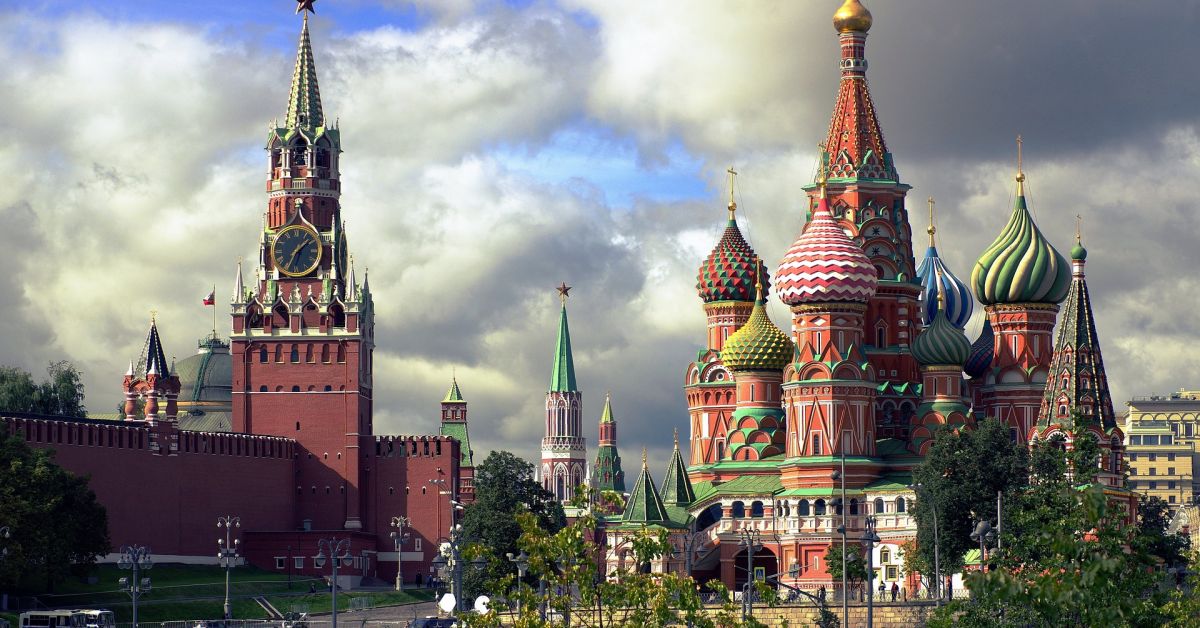With the start of the Russian operation in Kyiv, the whole world seemed to unite around Ukraine, but in reality the situation turned out to be a little different. According to Foreign Policy, as a result, the United States will face a serious challenge: without America’s closest friends and military allies in West and East Asia, the rest of the world does not want to support Russia’s campaign to isolate itself. Many countries have also taken a wait-and-see attitude due to long-standing ties with Moscow and accumulated dissatisfaction with Washington’s policies. RT.
South Africa’s ambassador to the United Nations is taking advantage of the moment in the debate on the humanitarian consequences of the Russian operation in Ukraine and has blamed the United States for its past military sins, including in Iraq. According to her, the United States and its Western allies are themselves violating the UN Charter and simply pursuing their own geopolitical interests, condemning Moscow as an aggressor and promoting appropriate resolutions.
According to Foreign Policy, her statement reflects the challenges facing the United States in its efforts to support Ukraine and give Russia a united diplomatic resistance, as with the exception of close friends and US military allies in West and East Asia, others the world does not want to support the campaign to isolate Russia.
As the publication notes, with the beginning of the Russian operation against Kyiv on February 24, the whole world seemed to unite around Ukraine. The 193-member UN General Assembly condemned Russia’s military actions by a large majority (141 to 5). However, many countries harbor deep resentment against the United States, whose military interventions from Afghanistan through Iraq to Libya have left death and destruction behind. Key countries in Africa and Asia, including South Africa and India, are cautious: they seek to maintain good relations with Russia and the United States, but at the same time stress that Ukraine’s sovereignty must be respected.
More than 30 countries, including a number of African forces, abstained from voting on the UN General Assembly resolution and did not condemn Russia. No African country has backed sanctions against Russia, which has become the continent’s largest arms exporter in recent years.
Many diplomats and foreign policy observers see the conflict in Ukraine as a historic turning point. At the same time, they are not sure how it will end and therefore will not decide how to behave in the event of an escalation of a clash of great powers or a political decision.
“Obviously we will not return to the previous world before the conflict,” said Pakistan’s UN ambassador Munir Akram, noting that the final outlines of the new world order will determine the outcome of the operation and the final peace agreement between Russia and Ukraine.
“If a negotiated solution is reached, then Western sanctions must be lifted, because the Russians are unlikely to agree to any outcome without lifting the sanctions,” Akram added. From the point of view of external forces, so to speak, we need to see real prospects. We expect the deal to be made, and therefore we will not take a completely anti-Russian stance – so the West will have to take that into account.
Africa’s reaction was even more mixed. Kenya’s ambassador to the UN, Martin Kimani, compared Russia’s actions in Ukraine to the colonial legacy, describing it as a gross violation of the territorial integrity of a sovereign state. At the same time, Kimani struck a veiled blow at the United States and its Western allies, recalling that they had crushed rivals in Afghanistan, Iraq and Libya with military force.
Other African leaders say they do not want to be involved in rivalry between superpowers in Europe. Asked by Japan’s Nikkei Asia news agency why his country had abstained from voting in the UN General Assembly, Ugandan President Yoweri Museveni said: “We do not want to get involved and we have stayed away. Don’t threaten me and I won’t threaten you. “Museveni also criticized the United States and Europe for double standards, citing their military intervention in Libya as a result of Muammar Gaddafi’s ouster.
Ebenezer Obadare, an African expert on the Council on Foreign Relations, believes that Americans and Africans do not find common ground. He says it is natural for many Americans to condemn Russia. It is alleged that Moscow has invaded its neighbor, brutally and indiscriminately striking the civilian population and showing complete contempt for the UN Charter. But Africans say, “Wait a minute.” It is not that simple”.
–


/data/photo/2022/04/03/62493b6b57907.jpg)